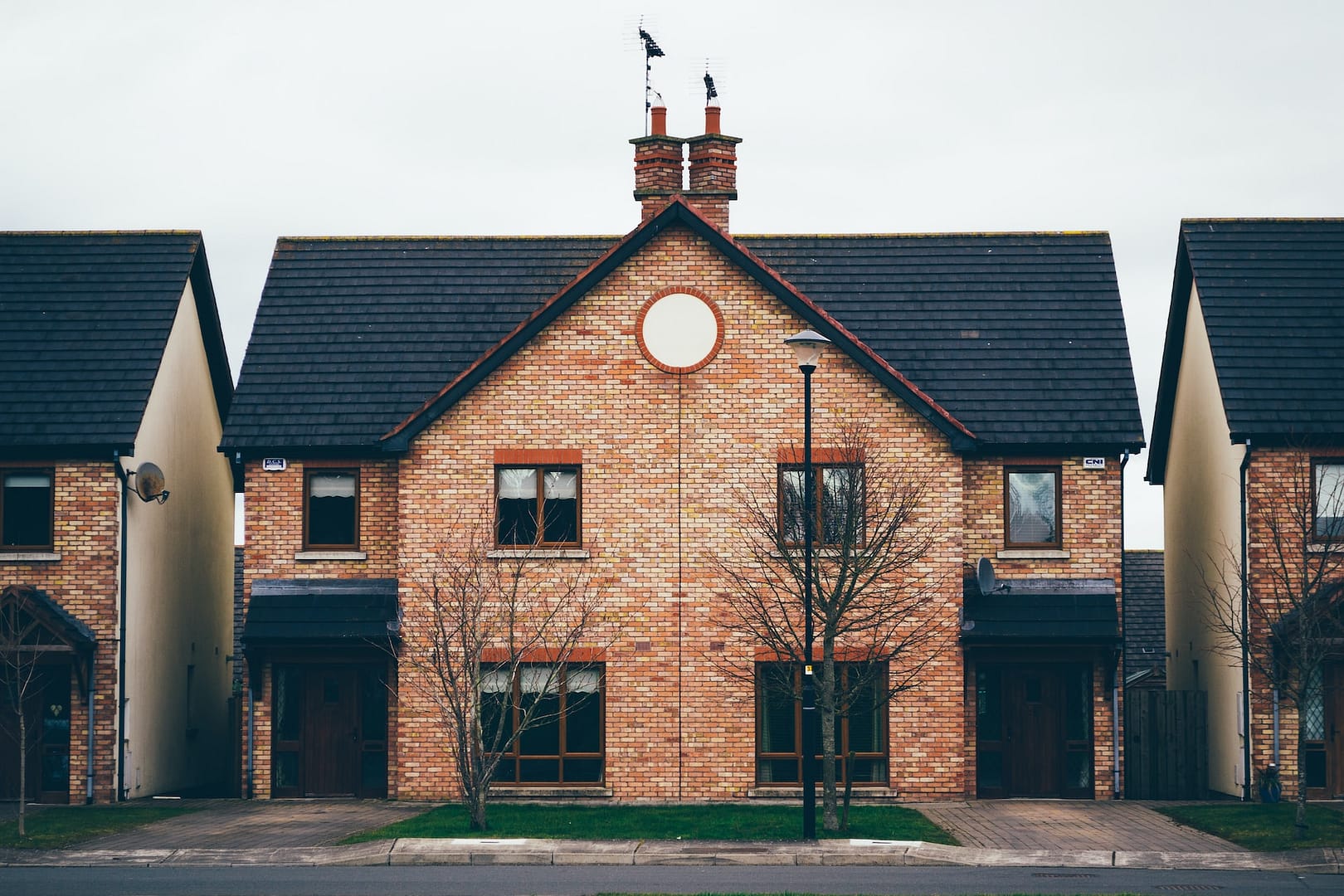Housing discrimination and housing disrepair are two interconnected issues that impact countless individuals and communities around the world. While their effects may differ, both problems share a common goal: advocating for fairness and ensuring that everyone has access to safe and well-maintained housing. In this article, we will explore the legal definition of housing disrepair, discuss the criteria for housing disrepair claims, and highlight the importance of addressing discrimination in housing.
Understanding Housing Disrepair
Housing disrepair refers to the state of a property that is in need of repair and maintenance to ensure it meets acceptable living standards. It encompasses a wide range of issues, including structural defects, faulty plumbing or electrical systems, dampness, infestations, and lack of essential amenities. These problems can pose significant risks to the health, safety, and well-being of occupants, leading to a diminished quality of life.
The legal definition of housing disrepair may vary depending on the jurisdiction, but it generally revolves around the concept of “fitness for human habitation.” In many countries, there are laws and regulations in place to protect tenants and hold landlords accountable for maintaining their properties in a habitable condition. These laws ensure that tenants have the right to live in a safe and well-maintained home.
Criteria for Housing Disrepair Claims
To make a housing disrepair claim, tenants must meet specific criteria that demonstrate the severity and impact of the disrepair on their lives. While the exact requirements may differ depending on local laws, here are some common factors considered in housing disrepair claims:
Presence of Disrepair
Tenants must provide evidence of the disrepair in their property, such as photographs, inspection reports, or expert opinions. It is crucial to document the issues thoroughly and maintain a record of communication with the landlord regarding repairs.
Notice to the Landlord
Tenants are usually required to inform their landlord about the disrepair and request repairs to be carried out within a reasonable timeframe. This notification can be in writing, such as a letter or email, and should clearly outline the issues and specify a deadline for the repairs.
Impact on Occupants
Housing disrepair claims often require evidence of the impact the disrepair has had on the occupants’ health, well-being, and daily life. This can include medical records, testimonies, or other relevant documentation that demonstrates the detrimental effects caused by the disrepair.
Landlord’s Failure to Act
If the landlord has been notified about the disrepair but fails to take appropriate action within a reasonable timeframe, it strengthens the tenant’s case. It is important to provide evidence of the landlord’s lack of response or inadequate attempts to address the issues.
Combating Housing Discrimination
In addition to the challenges posed by housing disrepair, discrimination in housing remains a pervasive issue that affects marginalized communities disproportionately. Housing discrimination occurs when individuals or groups are treated unfairly or denied housing opportunities based on protected characteristics such as race, religion, gender, disability, or familial status.
Discrimination can manifest in various ways, such as landlords refusing to rent or sell properties to certain individuals, setting different terms and conditions based on protected characteristics, or providing substandard services or facilities. These discriminatory practices perpetuate social inequalities and deny individuals their fundamental right to fair housing.
Efforts to combat housing discrimination have been made through legislation, advocacy, and education. Governments and organizations have implemented laws and policies that prohibit housing discrimination and provide legal remedies for victims. Awareness campaigns and educational initiatives aim to promote equal housing opportunities and challenge discriminatory attitudes and practices.
Making a Housing Disrepair Claim
Making a housing disrepair claim can be a complex process, but it is essential to ensure that your rights as a tenant are upheld and that the necessary repairs are carried out. Here are some steps to consider when making a housing disrepair claim:
Gather Evidence
Collect all relevant evidence of the disrepair, including photographs, inspection reports, and any communication with the landlord regarding repairs. This documentation will strengthen your case.
Notify the Landlord
Write a formal letter or send an email to your landlord, clearly stating the issues and requesting repairs within a reasonable timeframe. Keep a copy of this communication for your records.
Seek Legal Guidance
If the landlord fails to respond or address the disrepair adequately, consider seeking legal guidance from us at National Claims, where we specialise in housing disrepair claims. We will provide guidance and support throughout the claims process.
Consider Mediation
In some cases, mediation can be an effective way to resolve the dispute between tenants and landlords. A neutral third party can help facilitate communication and negotiation to reach a mutually satisfactory resolution.
Legal Action
If all else fails, you may need to consider taking legal action against your landlord. Consult with National Claims to determine the best course of action and understand the legal process involved in pursuing a housing disrepair claim.

Conclusion
Housing discrimination and housing disrepair are interconnected challenges that demand attention and action. By understanding the legal definition of housing disrepair and the criteria for housing disrepair claims, tenants can assert their rights and seek redress when living conditions are substandard. Making a housing disrepair claim requires thorough documentation, communication with the landlord, and potentially seeking legal support. Combating housing discrimination is equally important to ensure that everyone, regardless of their background or circumstances, has equal access to safe and suitable housing. Together, we can strive for fair and inclusive communities where every individual can enjoy the comfort and security of a well-maintained home.
Contact us today to find out more about making a housing disrepair claim with us and start your claim.
Click below to see why we are one of the most trusted claims management companies in the UK.





